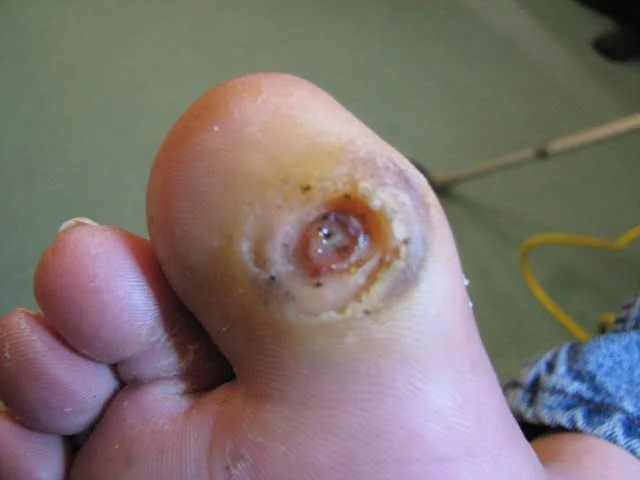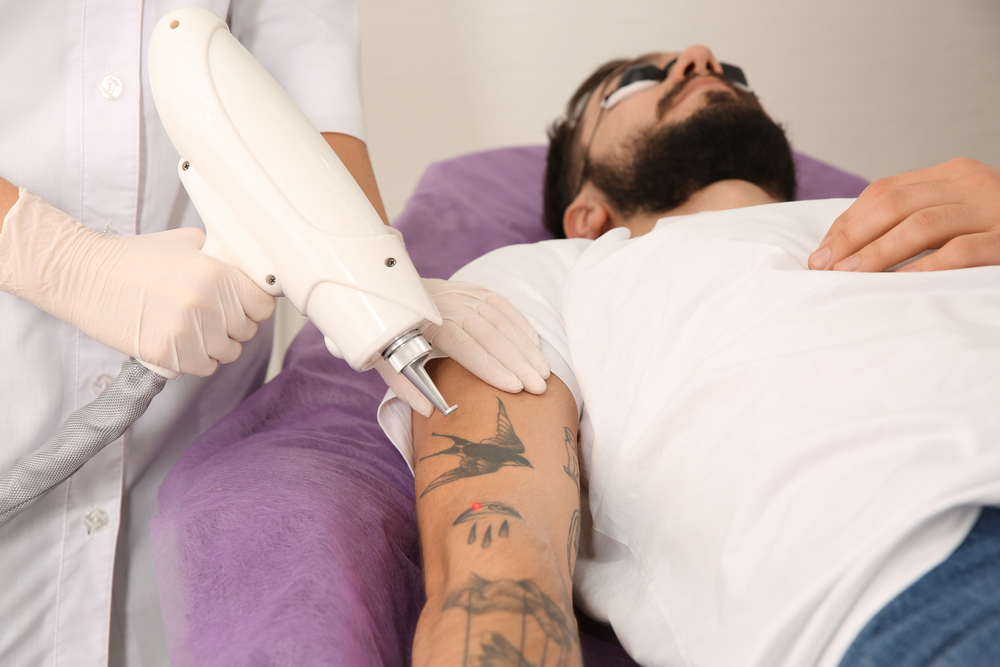
When you sustain an injury, your body begins a natural healing process that relies on proper care. Effective wound management creates the right environment for healing and reduces the risk of complications. Here is information about key principles of wound care and how following proper protocols supports recovery and overall health.
Supporting Wound Care
Effective wound care starts with cleanliness. Keeping your hands and the wound area clean minimizes the risk of introducing harmful bacteria that could cause infection. Gently cleaning the wound with appropriate solutions removes debris and contaminants without harming healthy tissue. This simple step lays the foundation for proper healing.
Maintaining moisture balance is also key for recovery. Wounds that become too dry can form scabs that slow healing, while excessive moisture may cause tissue breakdown. Choosing the right dressing for your wound type helps create a healing environment. Protecting the wound from further injury allows your body to focus on recovery rather than addressing new damage.
Understanding Wounds
The human body repairs damaged tissue through a systematic healing process made up of overlapping phases. These phases work together to restore the skin’s integrity and function after an injury has occurred. Understanding this process helps in providing proper care for optimal recovery.
The first phase, inflammation, begins immediately after injury as the body increases blood flow to the wound. This delivers nutrients and immune cells to clean the area and prevent infection. Next is the proliferation phase, where new tissue forms to fill the wound and restore its structure.
Finally, the remodeling phase strengthens and refines the newly formed tissue, completing the healing process. Each phase requires specific conditions to work correctly. Proper wound care supports a healing-friendly environment and protects against factors that can delay recovery.
Preventing Complications
Poor wound care can lead to complications that delay the healing process. One of the most serious risks is infection, which can extend recovery time and may require additional medical treatment. Warning signs of infection include increased pain, swelling, redness spreading beyond the wound edges, unusual discharge, or persistent bleeding. Recognizing these signs early helps address issues before they worsen.
Preventing complications begins with maintaining proper hygiene and adhering to recommended care protocols. Regularly monitor the wound for any changes in appearance or overall condition. Prevention tips include:
- Cleaning the wound thoroughly and keeping it covered
- Changing dressings as instructed by a healthcare provider
- Avoiding activities that may reopen or irritate the wound
Certain factors can increase your risk of complications, such as underlying health conditions, medications that hinder healing, poor nutrition, or lifestyle habits like smoking. Being aware of these risks enables you to take necessary precautions and seek professional advice when needed to support your recovery.
Seeking Professional Care
Minor wounds can often be treated at home, but some require professional care. Deep wounds, those with jagged edges, or injuries near joints or high-movement areas should be evaluated by a healthcare provider. Signs of infection or wounds that aren’t healing properly also need medical attention. If you have health conditions or medications that affect healing, consulting a professional is helpful. They can assess the wound, recommend treatment, and provide guidance tailored to your specific health needs.
Support Proper Wound Care
Proper wound care supports your health and recovery. Understanding wound management promotes natural healing and reduces the risk of complications. If you’re managing a wound, check whether your care aligns with best practices. When in doubt, consult healthcare professionals for personalized guidance.





